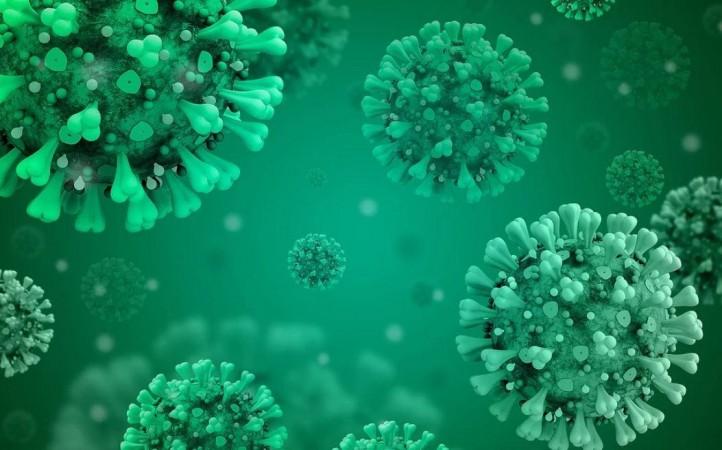The emergence of the SARS-CoV-2 coronavirus' variants—especially Variants of Concern (VOC)—has given rise to worries not just among common people but also among the scientific community. The Delta variant (B.1.617.2) is the most dominant variant in India and cause for concern in others. Also, fears surrounding the potency of existing vaccines against the variant are also rife. Offering some relief in this regard, it has been reported that the AstraZeneca vaccine offers a high level of protection against the Delta variant.
According to new data by Public Health England (PHE), two doses of the COVID-19 Vaccine AstraZeneca were found to be 92 percent effective against hospitalization on account of the Delta variant, and no death was reported in fully-vaccinated individuals. Additionally, the vaccine was also found to exhibit a high level of effectiveness against the Alpha variant (B.1.1.7), reporting 86 percent reduction of hospitalizations and no deaths.
"This real-world evidence shows that COVID-19 Vaccine AstraZeneca provides a high level of protection against the Delta variant, which is currently a critical area of concern given its rapid transmission. The data show that the vaccine will continue to have a significant impact around the world given that it continues to account for the overwhelming majority of supplies to India and the COVAX facility," said Dr. Mene Pangalos, Executive Vice President, BioPharmaceuticals R&D at AstraZeneca, in a statement.
Protecting Against A Concerning Variant

The Delta variant, which was formerly called the 'Indian' variant, is one of the four variants declared a VOC by the World Health Organization (WHO), as of May 2021. Other VOC's include Alpha (B.1.1.7 -UK), Beta (B.1.351-South Africa) and Gamma variant (P.1-Brazil). Other than the Indian subcontinent, the variant is widely prevalent in countries such as the UK, with several countries sounding the alarm on the destructive potential it bears.
For the current study, hospitalizations between 12 April and 4 June were investigated through the analysis of Emergency Care Datasets (ECDS). It was found that there were 14,019 symptomatic cases of the Delta variant. Among them, 166 individuals were hospitalized. The vaccine effectiveness against the Delta variant by one dose of COVID-19 Vaccine AstraZeneca was found to be 71 percent, while two doses resulted in 92 percent. Against the Alpha variant, vaccine efficacy was found to be at 76 percent after the first dose, and 86 percent after the second.
Effective Against Other Variants

Another recent study found that the COVID-19 Vaccine AstraZeneca vaccine was effective against Delta (B.1.617.2) and Kappa (B1.617.1) variants, both of which belong to the formerly addressed as Indian variants. The study analyzed the ability of monoclonal antibodies in sera from patients who had recovered, and sera of vaccinated people to block the Delta and Kappa variants.
"We are encouraged to see the non-clinical results published from Oxford and these data, alongside the recent early real-world analysis from Public Health England, provide us with a positive indication that our vaccine can have significant impact against the Delta variant. This gives us great hope that even as these new variants continue to spread, our vaccine would continue to provide protection for people across the world and help turn the tide of the pandemic for the people of India," expressed Dr. Pangalos.

















